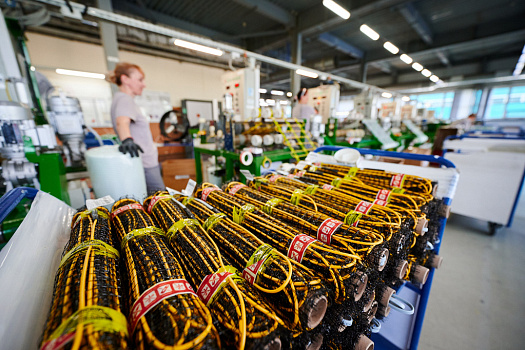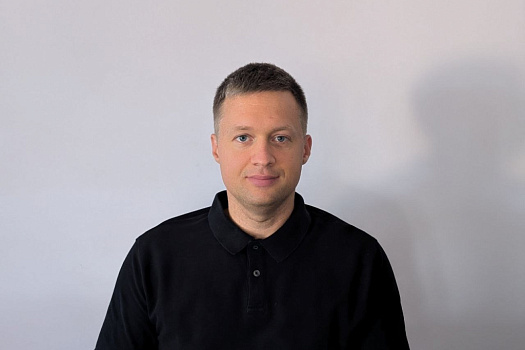How to create a knowledge base in a company
"In our company, the decision to train and invest in the development of employees is usually made by production leaders and managers. These are the people who have already seen the effects of the process and understand what knowledge, skills, and behaviors are lacking in employees today and what competencies they will need tomorrow. At Teploluxe, we believe that knowledge is the driving force behind any kind of change and transformation.
That is why, based on optimal competency models developed for different categories and levels of positions, the Company has compiled an extensive knowledge base—comprehensive training programs—from adaptation to the exchange of experience among specialists in different fields.
When it comes to creating the knowledge base itself, we are not in favor of involving third parties. External contractors are undoubtedly competent in their field, but the goal of such initiatives is crucial in employee training. If the system requires it, external courses can be sufficient. In our case, however, we train people with the goal of real development, nurturing leaders, and, of course, forming a talent pool. The principle of employee interchangeability also plays a significant role in a production company, and we strive for this as well.
Therefore, to create the knowledge base, we often involve department heads. They help describe the job profiles of employees, approve the categories of knowledge they will need, and agree on the format of future training. Managers always work in tandem with an HR methodologist. This tandem allows for properly forming the request, defining the goals, and determining the expected results of the training. Educational programs are developed by the Company. Methodologists help format and structure information into video courses, visual schemes, and theoretical references, participate in preparing internal trainers, and conduct test runs of the training.
Today, the company successfully operates and continuously develops an interactive knowledge base—comprehensive training programs that are integrated into professional internal schools.
At Teploluxe, there are two main internal training directions: 'Leader School' and 'Master School.'
The 'Leader School' project aims to enhance the level of management competencies important for the company. The training courses focus on developing team work skills, leadership, and change management, combining face-to-face and remote learning formats. Regular training events provide not only new knowledge but also joint learning activities that bring managers closer together, allowing them to work more effectively as a team, improve management skills, and enhance cross-functional interaction.
In addition to this, by paying special attention to the development of production personnel, Teploluxe implements the 'Master School' training program. This unique project includes 10 educational modules aimed at developing management skills that will allow masters to progress professionally to the level of shop supervisors and become their future successors.
Within the framework of the Master School, participants are offered to study the basic principles of goal management, prioritization foundations, the classic management cycle, and practice feedback skills. A special place in the program is given to developing 'soft' skills—effective communication, conflict management, and applying critical thinking principles at work. Training is conducted in both face-to-face and electronic formats.
As of the end of 2023, the team was joined by 68 new employees, each assigned a mentor, 150 people received new appointments, and 16 of them became managers."

